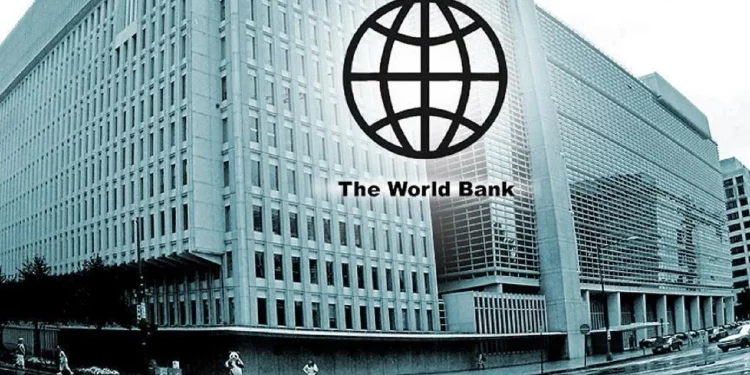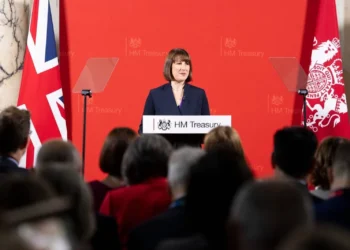David Malpass, the World Bank Group (WBG) President on Thursday said that the world bank is ready to support Nigeria in eradicating regressive fuel subsidies as it also aim to increase social assistance for the poor and vulnerable.
The World Bank president also stressed the need for a unified exchange rate in Nigeria, which he said would significantly aid the business-enabling environment in Nigeria, attract foreign direct investment, and help reduce inflation drastically.
NOTABLE QUOTE
The statement, which was published on the Bank’s website read in part:
“President Malpass encouraged a decisive move toward exchange rate unification and stabilization by Nigeria, highlighting the economic benefits for the Nigerian people. President Malpass emphasized to Vice President Osinbajo that a unified exchange rate will significantly improve the business enabling environment in Nigeria, attract foreign direct investment, and reduce inflation.”
According to the statement, Malpass and Osinbajo discussed Nigeria’s Energy Transition Plan.
The statement also added that Malpass welcomed Nigeria’s commitment to achieving universal energy access and reducing GHG emissions while maintaining reliable baseload.
It also noted that Malpass and Osinbajo talked about the importance of increasing domestic revenues through broadening Nigeria’s tax base and increasing the efficiency of the nation’s tax administration.
Clariform recalls that the Federal Government in January ignored warnings from economists and multilateral agencies such as the World Bank and the International Monetary Fund and decided to retain the unsustainable fuel subsidies for another 18 months.
As at then there were threats of protests by the Nigerian Labour Congress and other interest groups should Nigerian go ahead and remove the controversial fuel subsidy amidst corruption in the oil & gas industry and failure of government to refine crude locally.
In one of our recent report, we disclosed that from 2021 to 2023 the cost of fuel subsidy was estimated to increase by 369.93 per cent.
The finance minister had disclosed that the Federal Government had projected to spend N6.72tn on petrol subsidy payments in 2023.
However, Ahmed Zainab noted that the subsidy payment projection was based on two instances:
The first entails spending an estimated N6.72tn for the entire year and the second will ensure removal of subsidies by June 2023, with the government spending N3.36tn instead of the full estimated N6.72tn.












